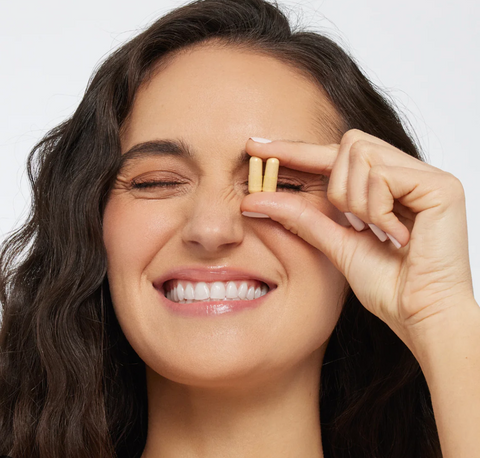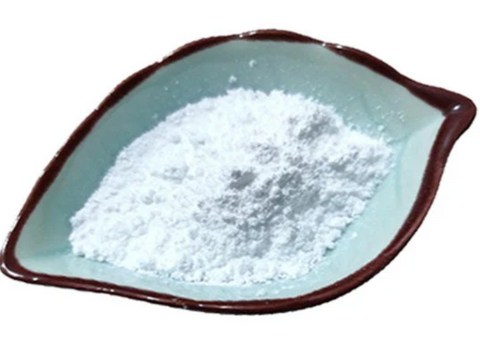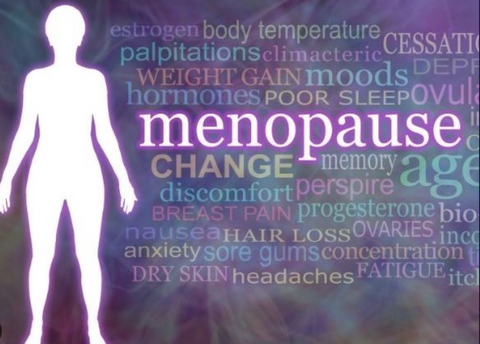News

Best Sun Hats for Women: Dermatologist-Designed Luxury Sun Protection by Soleil Derm
When it comes to sun safety, skincare doesn’t stop at SPF. At Soleil Dermatology, we believe sun protection should be a part of your style, too.Our new Soleil Derm Sun Hat Collection blends dermatologist-backed protection with high-end fashion — giving you the best sun hats for women who care about both their skin and their look.

Do Tattoos Cause Cancer? New Research Suggests a Possible Link
Tattoos are a powerful form of self-expression, but could they also pose hidden health risks? A recent study published on PubMed has found a potential link between tattoos and malignant lymphoma, a type of cancer affecting the lymphatic system. As tattoos become more common worldwide, understanding their long-term health effects is crucial.

Acne isn’t just a surface-level issue—it often stems from internal factors like inflammation, hormonal imbalances, and nutrient deficiencies. Supplements can play a significant role in addressing the root causes of acne. Dermatologists often recommend brands with clinically proven ingredients that support clearer, healthier skin. Here are the top three acne supplement brands: Nutrafol Skin, Clarité, and Pore Favor Acne Supplement, which are gaining recognition for their efficacy and quality.

Nicotinamide, also known as niacinamide, is a derivative of vitamin B3 that has gained recognition for its ability to address skin concerns effectively. While topical nicotinamide is widely used, research on oral nicotinamide reveals significant potential for treating acne and preventing skin cancer. Here's an in-depth look at the science and its applications.


